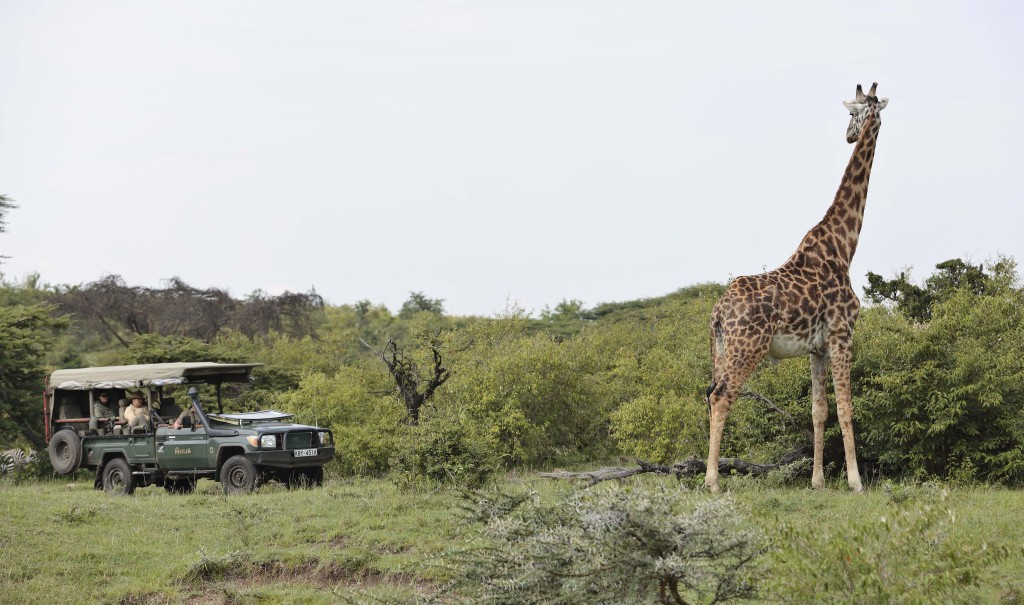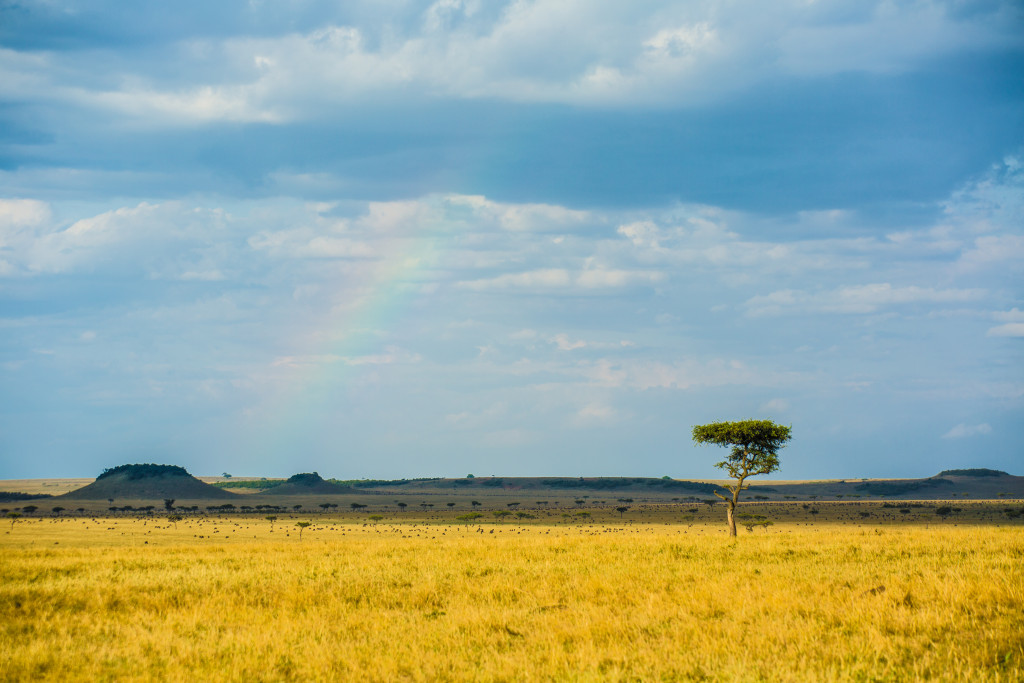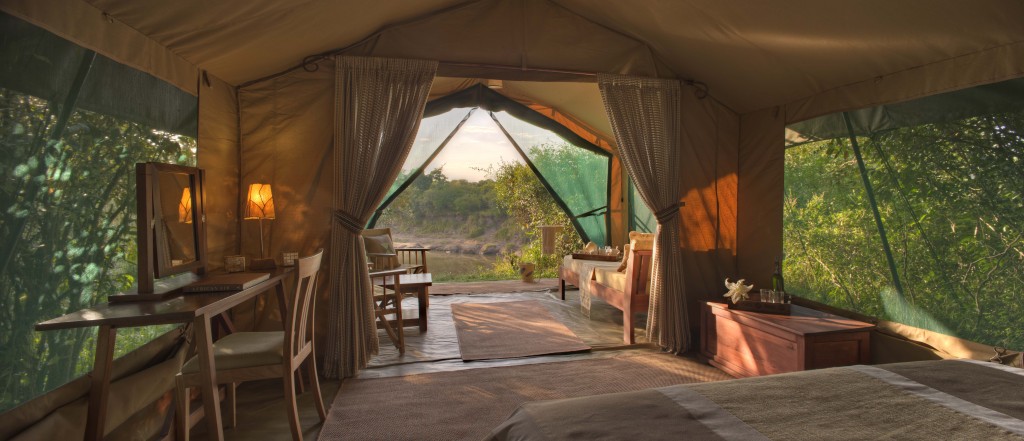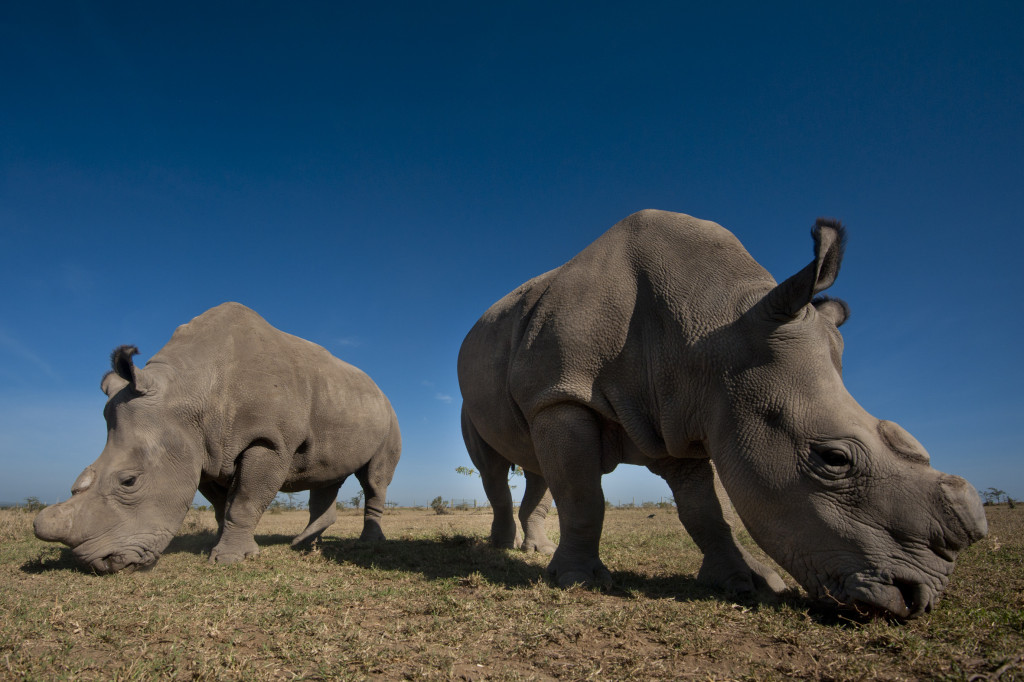Bringing Bush and Business Together
Asilia’s 12 years at the forefront of human development and wildlife conservation
When Asilia officially launched in 2004 the future was bright, but just how bright was not fully perceived. This is ourstory.
Between corporate banking jobs Jeroen Harderwijk and his wife, Jane, returned to Africa in 2002 to spend time in her native land, Tanzania. The goal of this three month sabbatical was to see family and friends and to set up a non-governmental organization to service education in the country’s rural areas. Kamitei Foundation was formed and continues to this day to fill this niche.
The start of something new
During this time Jeroen realized that his skills could be put to good use in East Africa where development was really needed and so he quit banking and applied his energy towards empowering this corner of the continent. Based in Arusha the obvious vehicle for this dream was tourism.In 2003 Jeroen asked Bas Hochstenbach, a consultant with McKinsey & Co. and a contact from his banking days, to join him in Arusha.Between them, they formulated a business plan for the fantastic owner-run tourism businesses they were exposed to, businesses that occupied great locations but were struggling financially.
“These companies were run by committed conservationists and humanists with a great safari knowledge and spirit. People such as Damian & Justin Bell, Naftal Ole Kirimbai, Alan Earnshaw, Bill Winter, James Robertson and Helen Horlin. We added the commercial ingredient to make the businesses financially sustainable,” says Harderwijk.
The merger needed a name and so Asilia (meaning genuine, authentic in Swahili) was born.Oliver’s Camp, Matemwe and the mobile safari company, Sokwe, were the first owner-run players to join.
Damian Bell, founder of Sokwe and a director of Asilia, explains the reasoning behind the merger.
“Sokwe had access to the best camping spots that were being eyed by competitors as permanent campsites. It was a matter of time before these exquisite locations were leased on a permanent basis. The other shareholders of Sokwe weren’t interested in going permanent and so the decision was made to merge with people who were. Sokwe provided the existing leases and good links with the government and other stakeholders. Bas and Jeroen provided the fresh blood, the fire, to take the company to the next level.”
Settling into the Serengeti
June 2005 saw the establishment of Sayari Campin the northern Serengeti as a semi-permanent camp, in an area that hadn’t had any tourism players for 10 years and was overrun by bushmeat poachers.
“The turnaround of this area involved lengthy consultation and communication with the communities on the edge of the park,” says Harderwijk. “It gave us a reputation for inclusive collaboration which stood us in good stead when we applied for other pioneering areas such as Rubondo and the Namiri area, where a similar situation occurs.”
In 2010 another union between safari and commercial know-how occurred when Gerard Beaton and Jackson Ole Looseyia of Rekero Camp in the Masai Mara Game Reserve joined the growing Asilia tribe.
Since then Naboisho Camp in the all-important Naboisho conservancy (itself nurtured into being by Beaton and other stakeholders) delights tourists and showcases the benefits that local people can derive from nature if the will and know-how exist. For its innovative and exemplary governance model, the Naboisho conservancy won the prestigious EcoWarrior award in 2015.
The Naboisho conservancy model is based essentially on trust and so when tourism to Kenya took a knock in 2014 and one of the tourism partners in the conservancy couldn’t meet its financial obligations to the conservancy, Asilia stepped up to the plate and shouldered the load. Encounter Mara joined the tribe.
Our Very Own Private Island Paradise
Rubondo Islandin Lake Victoria stands out as one of the company’s most bold business ventures. Here, in a tropical paradise that covers 457km2 Asilia is the only operator. While birds, elephant, hippo and crocodile are readily seen, the main attraction is chimpanzee. There’s just one snag. The chimpanzee are not yet fully habituated to humans and so seeing them is far from guaranteed. Having partnered up with the owners of the one struggling camp on the island back in 2012 the chimpanzee are, at the beginning of 2016, only now becoming more accustomed to humans – further proof of the company’s long term vision for Africa’s wild places.
In 2015 Asilia took in another favourite, Ol Pejeta Bush Camp in the Ol Pejeta Conservancy(Ol Pejeta won the best private conservancy award in 2015 from Ecotourism Kenya). Ol Pej, as it’s fondly known, is home to the last remaining three northern white rhino on the planet. The only hope of this species being resurrected lies with mankind and efforts are underway to implement two options: in-vitro fertilization and stem cell technology.
Asilia’s Africa
Having watched this progression Damian sums it up:
“Asilia changed the business model and provided more clarity on who and what it is. The vision was and still is, to be an exemplary example of responsible tourism. By establishing very robust and strong principles for ecotourism and responsible tourism the company has increased its positive impact on human development, conservation, unemployment and capacity building.”
Asilia now has 20 camps between the two countries and has plans to expand further.
When asked if he could have made more money elsewhere (and saved himself some grey hairs) Harderwijk explains: “Yes, I could have earned more money elsewhere but it would not have been anywhere nearly as rewarding and meaningful as what we have been able to do with the creation of Asilia, and through that the positive impact that we have been able to make on the lives of hundreds, if not thousands, of people and some of Africa’s unique nature areas.”
Get involved
Each visit to our camps results in a contribution to our conservation initiatives and community development programmes. The best way to get involved in making a difference is to visit us or to donate through our Asilia Giving platform.
The post Bringing Bush and Business Together appeared first on Asilia Africa.
More Positive Impact Articles

Electric Vehicles: The Future Of East African Safari Travel?
12 January 2020October 2019 saw the arrival of our first electric, solar-powered safari vehi...

Its Our 15th Birthday: Celebrating 15 Years of Making a Genuine Difference
08 November 2019This year, we're celebrating our 15th birthday and commemorating 15 years of...

World Tourism Awards 2019: Asilia Recognised For Our Positive Impact
01 November 2019The World Tourism Awards acknowledge, reward, and celebrate excellence across...

Supersized Traditional Maasai Necklace
21 October 2019In 2009, we became a founding member of the Mara Naboisho Conservancy and sin...












